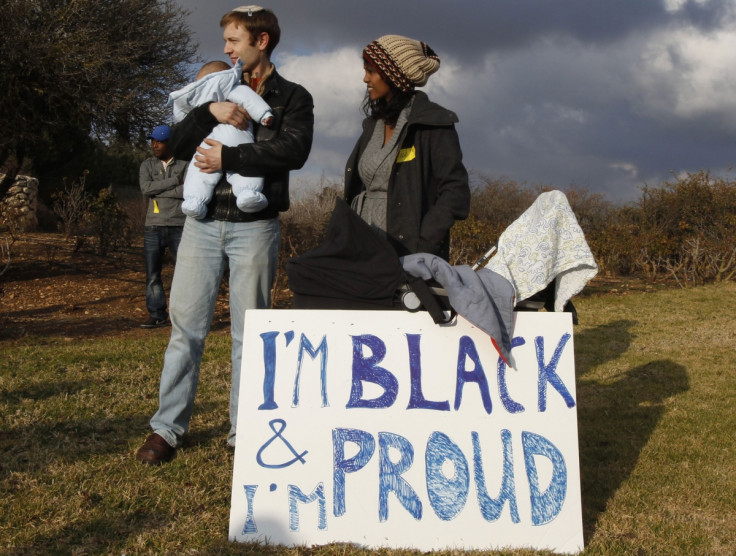Anti-Racism Day 2014: Theme and History of International Day for Elimination of Racial Discrimination

The world marks International Day for Elimination of Racial Discrimination on 21 March every year, since the United Nations recognised the day as Anti-Racism Day in 1966.
This year, the Anti-Racism Day falls on Friday.
This is also the first Anti-Racism Day following the death of former South African President Nelson Mandela, an anti-apartheid revolutionary who triumphed over the country's racist forces, which had imprisoned him for 27 years, to become the president.
History in Chronology
Though officially in its 49th edition, the origin of UN's Anti-Racism Day is traced back to the Sharpeville massacre in 1960. Here is the chronology of the event:
1960: On 21 March, police opened fire on peaceful demonstrators in Sharpeville, South Africa, who were protesting against the apartheid pass laws. The firing killed 69 people and 180 were injured.
1966: The United Nations General Assembly established the day (21 March) to mark the anniversary of the massacre, in a show of solidarity with the anti-apartheid movement.
1979: The General Assembly decided that a week of solidarity with the peoples struggling against racism and racial discrimination, beginning on 21 March, would be organised annually in all States.
“Out of the many Sharpevilles which haunt our history was born the unshakeable determination that respect for human life, liberty and well-being must be enshrined as rights beyond the power of any force to diminish.”
1996: Nelson Mandela chose Sharpeville to sign South Africa's new Constitution.
"Today, we remember Sharpeville as a symbol of the terrible toll of racial discrimination, and we honour those who lost their lives during the massacre," UN secretary general Ban Ki-moon said in a statement.
"At the same time, we recall that President Mandela framed Sharpeville's legacy as an unwavering resolve to protect the dignity and rights of all people."
2014 Theme
This year's Anti-Racism Day theme is: "The Role of Leaders in Combatting Racism and Racial Discrimination"
According to UN, the theme was chosen to highlight key role that leaders play in mobilising political will to combat racism and racial discrimination.
"I call on all people, especially political, civic and religious leaders, to strongly condemn messages and ideas based on racism, racial superiority or hatred as well as those that incite racism, racial discrimination, xenophobia and related intolerance," Ban Ki-moon said.
"On this Day, let us acknowledge that racial discrimination remains a dangerous threat and resolve to tackle it through dialogue inspired by the proven ability of individuals to respect, protect and defend our rich diversity as one human family," he added.
Anti-Racism Day Observances
The UN observes the day every year through different means.
A panel discussion on this year's theme is to be held at its Geneva office on Friday at 1.15pm GMT.
A special meeting in observance of the International Day for the Elimination of Racial Discrimination will also take place at the UN headquarters in New York.
In South Africa, the day is celebrated as Human Rights Day and is a public holiday though observances attended by political leaders are made in Sharpeville.
© Copyright IBTimes 2025. All rights reserved.






















